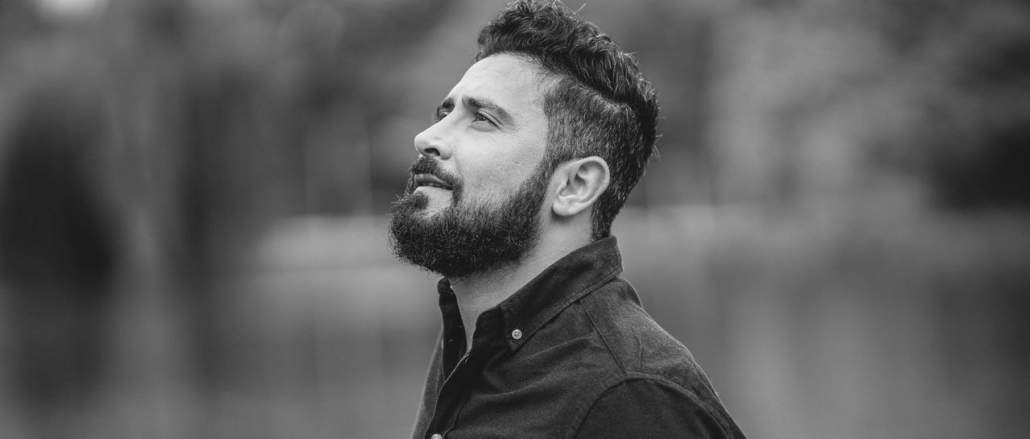Some men may balk at the idea of mindfulness, thinking it sounds overly mystical or too trendy to be taken seriously, let alone actually help. But mindfulness, which has been around for thousands of years, is an ancient and powerful tool for calming one’s mind and finding focus, which allows people to perform better and make them less likely to overreact.[1]
Mindfulness is essentially a state of receptive awareness where our minds are focused and engaged in the present moment.
Mindfulness cultivates a deep connection between body and mind, embracing the art of stillness, a deeper awareness of the breath, and the wisdom of self-reflection.
Today, these skills help military special forces to perform under incredible stress, athletes prepare for big games, musicians prepare for live performances, and millions of people to gain control of their lives in the fight against stress, anxiety, and depression.
Mindfulness skills have been scientifically proven to improve one’s ability to discern key information under chaotic circumstances, experience increases in working memory function, and make fewer cognitive errors.[1] And most importantly, mindfulness helps treat mild-to-moderate depression and anxiety, and prevent relapse.[2, 3]
In terms of our mental health, mindfulness provides us with a free and accessible skillset to help navigate even the most stressful situations. By building these skills, we can reduce stress, feel more in control of our minds, and enjoy life more fully.
WHAT THIS COURSE COVERS
In this course, we’ll explore what mindfulness is, the specific skills we can develop from it, and its potential benefits for managing anxiety and depression.
The course is divided into four lessons, each focusing on a specific skill. Together these skills will provide the foundation for using mindfulness to improve our mental health.
Lesson 1. Anchoring our Attention
- Cultivating the ability to focus and sustain attention on the present.
Lesson 2. Body Awareness
- Using our bodies as a source of information to improve our capacity to recognize and regulate our emotions.
Lesson 3. Stepping Back from Difficult Thoughts
- Practicing non-judgmental awareness to see our thoughts more clearly, allowing us to take a step back from thoughts, rather than getting caught up in them. This can help reduce the power and pull of difficult or negative thoughts.
Lesson 4. Developing Emotional Resilience
- We’ll train our capacity to find steadiness and ease amidst the ups and downs of life, allowing us to be calm and composed in the face of adversity.
Throughout each lesson, mindfulness will help us cultivate:
- Mindful awareness grounded in curiosity, discernment and self-compassion
- A willingness and interest to be present to our internal landscape
- Better control of where we spend our time and energy
- An understanding and acceptance of the impermanent nature of all things (how thoughts, feelings, pleasure, and pain all come and go)
At the same time, mindfulness can help us learn to recognize and spend more energy on things that contribute to our health and well-being.
HOW EACH LESSON IS ORGANIZED
Each of the four lessons in this course will have three components to help us learn the new skill:
- A guided practice (mindfulness meditation)
- Ways to use the skill in everyday life
- A recap with some weekly tasks to practice
Though you may want to read through the material quickly, we suggest that you take at least a week to practice the skills in each lesson, as the skills you will be learning take time to develop.
Change happens over time with regular practice, with each lesson building on the previous one. Like learning to play music, there are real benefits to practicing scales before learning more complicated pieces. We need to put in the time to consolidate skills before moving on.
Through a committed practice, anyone can learn and harness the skills of mindfulness. It really only takes five minutes a day to get started.
Before we delve into Lesson 1. Anchoring our Attention, let’s talk a bit more about what mindfulness is and how it can help.
